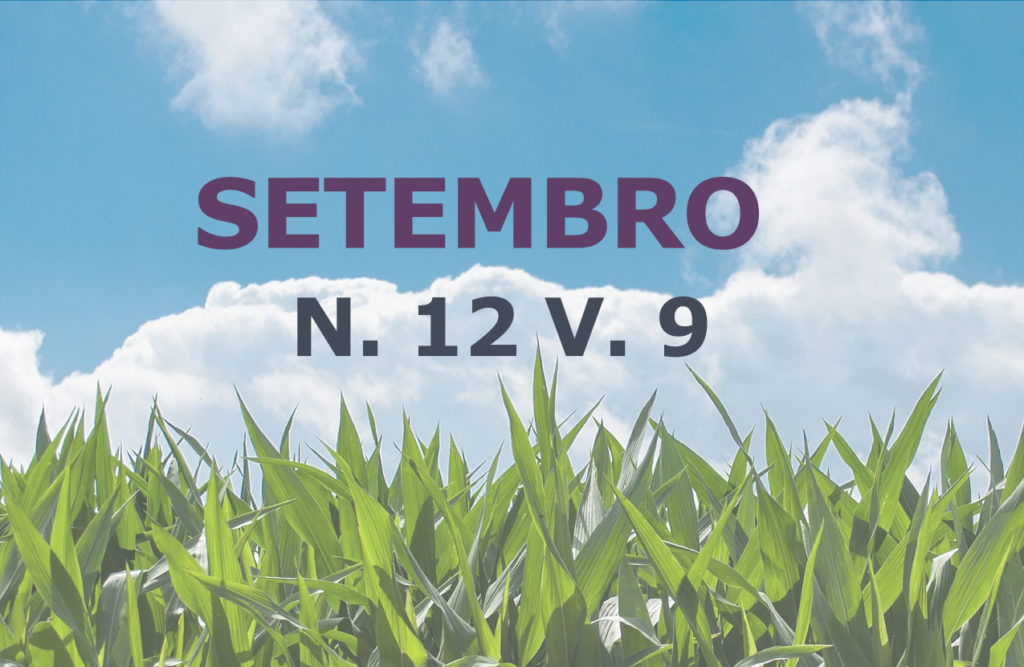Occurrence of gastrointestinal parasites in feces of dogs collected on public roads in the city of Valença-RJ
DOI:
https://doi.org/10.31533/pubvet.v12n9a169.1-9Keywords:
coproparasitological examination, endoparasites, environmental contaminationAbstract
Considering the importance of infection by gastrointestinal parasites of dogs, both in the veterinary and public health aspects, studies on the occurrence of these endoparasites present in dog feces on public roads are necessary to establish control and prophylaxis measures. Thus, the present study aimed to evaluate the occurrence of gastrointestinal parasites present in feces of dogs collected on public roads in the city of Valença -RJ from August to October 2017. Sixty-three samples of fresh dog feces were collected and they were sent to the Laboratory of Parasitology and Parasitic Diseases of Centro de Ensino Superior de Valença, for a coproparasitological examination. They were submitted to the simple centrifugation-flotation and simple sedimentation techniques, which revealed positivity for Ancylostoma spp. (79.1%), Trichuris vulpis (20.8%), Toxocara canis (4.1%), Dipylidium caninum (4.1%), Capillaria spp. (4.1%) and Heterakis spp. (4.1%). The results of this study demonstrated that dogs represent an important source of contamination of squares and public roads by gastrointestinal parasites that affect other animals and man. Thus requiring greater attention of public authorities regarding the health of these animals, aiming to reduce the risk of infection to humans and to the animals themselves, through the implementation of educational measures to raise public awareness about this public health problem.
Downloads
Published
Issue
Section
License
Copyright (c) 2018 Beatriz Abdalla Ferraz de Barros, Josielle de Almeida Pereira, Leanndro de Araújo Barreto , Thayassan Costa dos Santos, Lilian Cristina de Sousa Oliveira Batista Cirne

This work is licensed under a Creative Commons Attribution 4.0 International License.
Você tem o direito de:
Compartilhar — copiar e redistribuir o material em qualquer suporte ou formato
Adaptar — remixar, transformar, e criar a partir do material para qualquer fim, mesmo que comercial.
O licenciante não pode revogar estes direitos desde que você respeite os termos da licença. De acordo com os termos seguintes:
Atribuição
— Você deve dar o crédito apropriado, prover um link para a licença e indicar se mudanças foram feitas. Você deve fazê-lo em qualquer circunstância razoável, mas de nenhuma maneira que sugira que o licenciante apoia você ou o seu uso. Sem restrições adicionais
— Você não pode aplicar termos jurídicos ou medidas de caráter tecnológico que restrinjam legalmente outros de fazerem algo que a licença permita.





